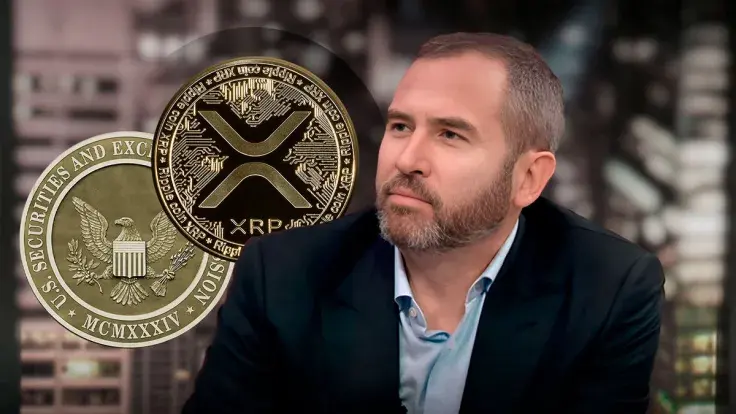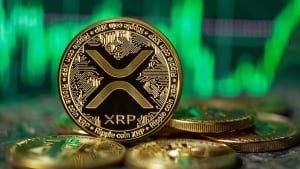
Disclaimer: The opinions expressed by our writers are their own and do not represent the views of U.Today. The financial and market information provided on U.Today is intended for informational purposes only. U.Today is not liable for any financial losses incurred while trading cryptocurrencies. Conduct your own research by contacting financial experts before making any investment decisions. We believe that all content is accurate as of the date of publication, but certain offers mentioned may no longer be available.
Ripple CEO Brad Garlinghouse has reflected on the landmark historic XRP ruling in the SEC lawsuit.
A year ago, on July 13, 2023, a landmark court decision in Securities & Exchange Commission v. Ripple Labs Inc. definitively declared that XRP is not a security.
The Ripple CEO reminisces about this day etched forever in XRP and cryptocurrency history: "July 13, 2023 – that day was a very good day - for Ripple and the entire industry. And for me personally, a core memory," Garlinghouse wrote.
Garlinghouse reiterated a statement he had often stated since the beginning of the lawsuit, that Ripple was on the right side of the law and history: "As I said when it started, I knew we were on the right side of the law and that we would be on the right side of history."
The Ripple CEO criticized the SEC's attempt to suppress the cryptocurrency business through "failed lawsuits, misleading rhetoric, slander, and intimidation," stating that the SEC's actions remain wrong, "They were wrong then. And they are wrong now."
Historic ruling for XRP
On July 13, 2023, the Court unequivocally ruled that XRP, in and of itself, is not a security. Shortly after the decision was issued, several cryptocurrency exchanges, like Coinbase, Kraken and Bitstamp, made XRP available for trading on their U.S. platforms, and XRP subsequently gained traction in price and volume.
The main takeaways from the Court’s ruling follows: XRP is not in and of itself a security. Ripple’s sales of XRP on exchanges, by executives and a wide range of other Ripple’s XRP distributions to developers, charities, to employees were deemed non-securities.
Certain institutional sales by Ripple were deemed investment contracts and therefore securities.
The Court ruled against Ripple on its fair notice defense for institutional sales only and left open the fair notice defense as to the other types of transactions at issue in the case, noting that the SEC's theories regarding this may contradict its enforcement in previous digital asset cases.


 Vladislav Sopov
Vladislav Sopov Dan Burgin
Dan Burgin